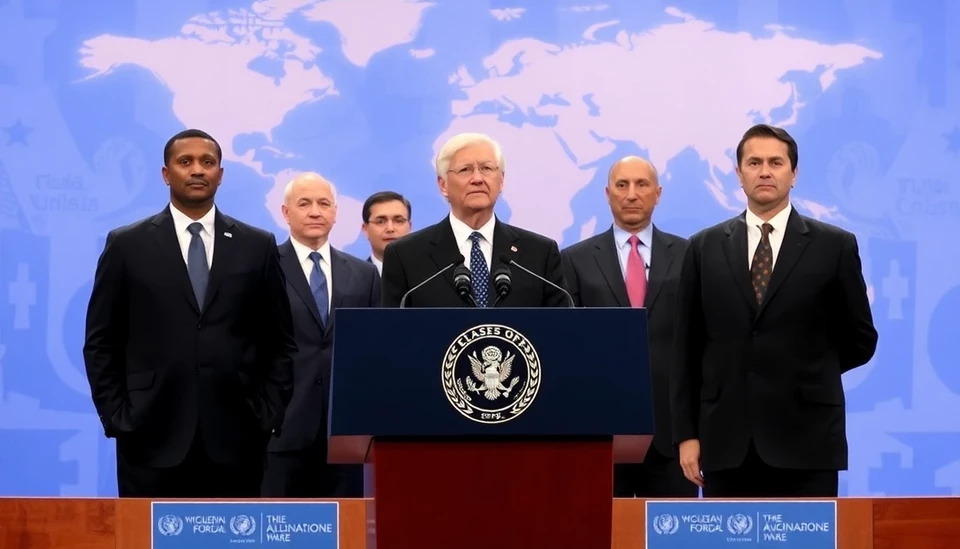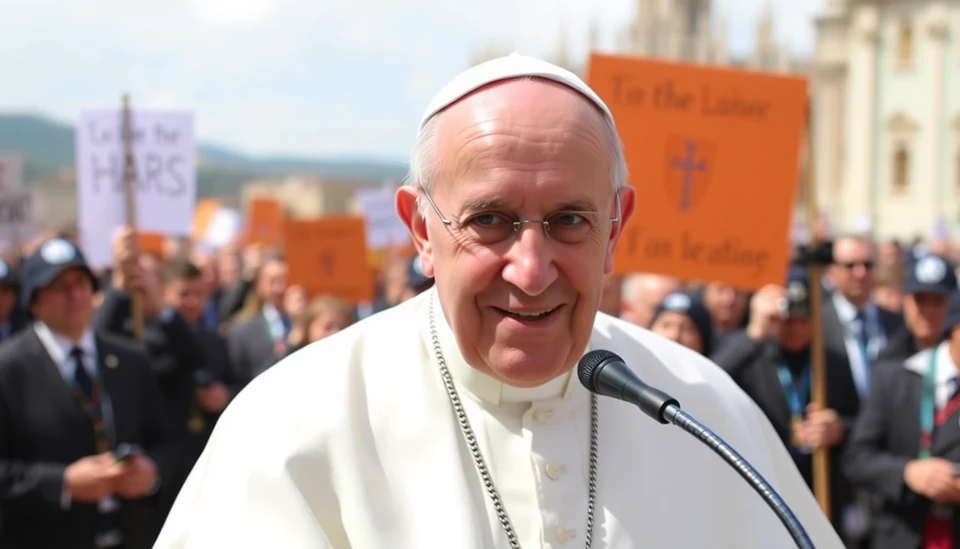
In a groundbreaking development at the 29th Conference of the Parties (COP29), delegates from nearly 200 nations have reached a crucial financial agreement aimed at advancing global climate action. The high-stakes negotiations focused on operationalizing commitments to support vulnerable nations grappling with climate change impacts, reinforcing the global commitment to achieving net-zero emissions by mid-century.
This agreement, which emerged from days of intense discussions in Sharm El-Sheikh, Egypt, marks a pivotal moment in international climate diplomacy. It sets a framework for developed countries to provide substantial funding to developing nations, ensuring their transition toward sustainable energy systems can proceed without compromising their economic stability. The financial pact is expected to mobilize billions of dollars, channeling resources into climate adaptation and mitigation projects
Central to the agreement is the establishment of a new financing mechanism, designed to streamline and enhance the delivery of funds. This mechanism aims to facilitate investment in renewable energy, infrastructure, and technology that can bolster resilience against climate disasters. Furthermore, it seeks to address the long-standing issue of “loss and damage” compensation for developing countries that are already suffering from the adverse effects of climate change.
Notably, the agreement goes beyond mere promises, incorporating specific targets and timelines for funding disbursements. It mandates that developed countries report annually on their financial contributions and progress towards climate goals. This accountability measure is intended to build trust among nations and ensure that financial pledges are not just empty words.
Throughout the negotiations, developing nations emphasized the urgency of immediate financial support to combat escalating climate challenges, including extreme weather events, sea-level rise, and food insecurity. The resulting agreement reflects a growing understanding among all parties of the necessity for robust financial mechanisms that can make appreciable impacts on the ground.
While the agreement has been hailed as a significant step forward, some remain cautious about its implementation. Critics point out that the real test will lie in how effectively these financial mechanisms are put into action, and whether the promised funds will reach the intended recipients without bureaucratic delays. The discussion around the need for clear guidelines and expedited processes was prominent in the final hours of negotiation.
As the COP29 proceedings wrap up, attention will now turn to the ongoing implications of this financial agreement for the future of international climate cooperation. The hope is that, with financial constraints alleviated, countries will act with renewed vigor toward their emissions reduction commitments and greater climate resilience.
In conclusion, COP29 stands as a threshold moment in the fight against climate change, providing a hopeful framework for future investments and collaboration. As nations prepare to transition to greener economies, the financial agreement achieved here will be critical in determining the pace and success of global climate action.
#ClimateAction #COP29 #FinanceDeal #SustainableFuture #GlobalCooperation #ClimateCrisis #RenewableEnergy
Author: Peter Collins




